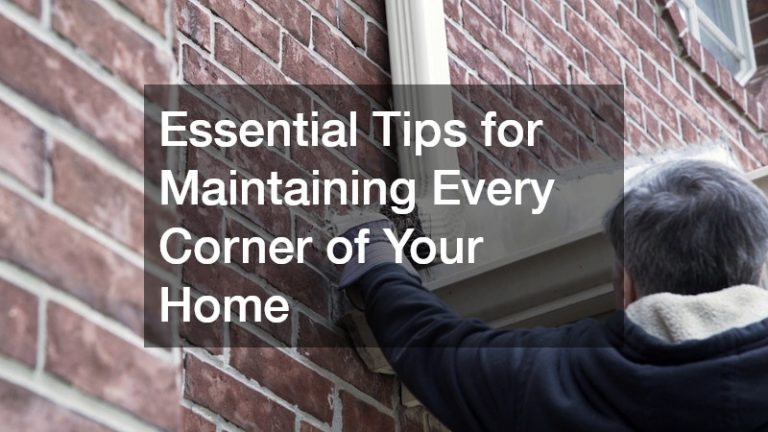We live in a world filled with distractions. We watch videos on our phones, listen to music, constantly look for the next thing to excite us: we often view the world with such clouded eyes that we forget where we truly are. This affects our overall wellness and mental health, as instead of focusing on the now, we focus too much on what should be or what could have been. This breeds frustration and anxiety, but fortunately, mindfulness is here to help us.
What Is Mindfulness?
While mindfulness can be seen as a form of natural medicine, it can also simply mean being mindful of the now. It’s a self-reminder that we are here, in the present, doing certain things. It teaches us to understand what’s really happening, unclouded by emotional judgment and bias.
Even the simple question “where are you” is part of mindfulness. When the mind begins to take flight, we lose our sense of now and sense of being, which is what mindfulness is trying to change.
How It Can Help You
One of the most direct ways mindfulness helps us is by grounding us to reality. It helps relieve stress, which results in less overall risk of cardiovascular problems by keeping us connected to what can be changed and what can be done. It’s a highly beneficial technique when approaching a wide variety of mental health problems.
It also prepares people to deal with negative events of the past while trying to help process what’s currently happening, and of course, prevents pessimism when looking into the future.
How to Practice Mindfulness

Below are a few ways you can practice mindfulness. They’re small steps, but through slow but gradual steps, you can improve yourself.
Decrease Your Emotional Reactivity. Much like stoicism, mindfulness teaches you to practice controlling emotional reactions. We often act before we think, and we act based on emotions. We end up regretting many of our actions later, and a lot of negative situations we put ourselves into can be entirely avoided had we reacted with a fair sense of reason.
Practice reeling back. When you want to respond in a burst of emotion, wait. Don’t respond immediately, don’t talk immediately, wait. You’ll find that it’s better to respond with a clearer head as it allows you to better process your thoughts and communicates your feelings better.
Be in Touch with Your Senses. Far too often, we move through our daily life very quickly. We don’t get to enjoy the sights and sounds of the world. Take it slow and learn to be in touch with your senses. Chew food slower to taste it better. Listen to music you enjoy. Wear perfume with the smell you appreciate.
It might sound like basic advice, but it works since we often forget the small subtleties of life. Take each day one moment at a time, and you can achieve that by grounding yourself to what you’re currently sensing.
Process Your Loss. Acknowledging your grief is a good way to process the death of a loved one. This can be one of the many reasons a person can cope with the loss better than others. A person who has better control over their emotions can deal with the loss and take steps to confront their problems.
Take acknowledging actions like having your pet undergo taxidermy or cremation or celebrating a loved one’s activities throughout their life. This act of honoring the memory of the departed can sometimes be a lot to take in for someone who does not have good control over their emotions. It reminds one of the goods that have happened instead of focusing on what has gone.
Learn to Meditate. Science has long supported meditation, and it’s something best integrated into your daily life. Try sitting comfortably, preferably with your back straight and your feet flat on the ground. Keep your hands in an armrest or your lap, whichever you find comfortable. Breath through your nose, and focus on inhaling and exhaling slowly. Process your thoughts and feelings.
Meditation doesn’t have to be a state of thinking about nothing; it can be a state of managing your thoughts and emotions. Doing this before your day can help you prepare, and doing it after can help you digest everything that has happened.
Mindfulness has a lot of benefits, but it’s not something that’s known. While these benefits are plentiful, we still have to put effort into practicing mindfulness. But through consistent small steps, anyone can achieve mindfulness.




